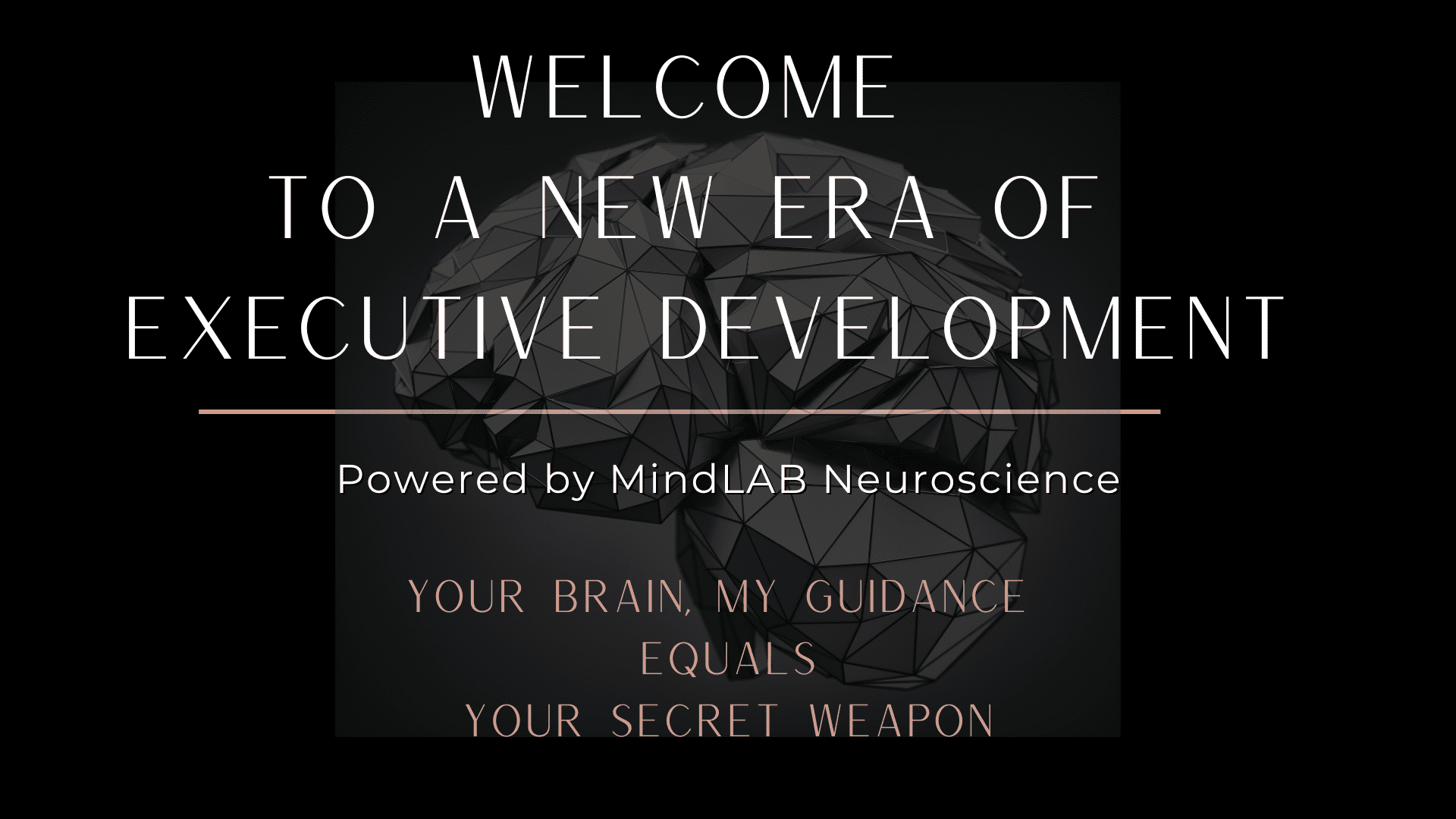🎧 Audio Version
In an era of exponential change, where innovation is the currency of success, merely working harder is an outdated paradigm. The true differentiator lies in strategically optimizing your cognitive capabilities. As a forward-thinking professional, you understand that leveraging cutting-edge neuroscience isn’t just an option—it’s imperative for those aiming to dominate in their field and surpass their goals. By synergizing the latest breakthroughs in brain science with your innate talents, you can unlock unprecedented levels of performance and catalyze a quantum leap in your career trajectory. Let’s delve into seven transformative, neuroscience-based techniques that will not only help you crush your professional goals but also position you as a vanguard in your industry, setting new benchmarks for excellence and innovation.
1. Harness Your Brain’s Reward System
Understanding Dopamine’s Role – Recent research from Harvard’s Department of Neurobiology has revealed that dopamine, the “motivation molecule,” plays a more nuanced role in goal-setting and achievement than previously thought. It not only rewards success but also drives the pursuit of goals by encoding information about the effort required and the value of the reward.
Implementing Micro-Rewards – Break down your larger career goals into smaller, manageable tasks. Celebrate each milestone, no matter how small, to trigger dopamine release. Harvard researchers suggest creating a “success journal” to document these micro-achievements, reinforcing the neural pathways associated with goal attainment.
2. Master the Art of Visualization
The Power of Mental Rehearsal
My groundbreaking research at NYU Steinhardt School of Medicine has revealed fascinating insights into the neurological impacts of visualization. Our studies have demonstrated that vividly imagining successful outcomes activates the same neural networks as physical practice. This means that when you engage in detailed mental rehearsal of your goals, you’re essentially programming your brain for success at a neurological level.

Neuroplastic Reconfiguration Through Multi-Sensory Goal Mapping
Over my 24 years practice, I uncovered a revolutionary approach to goal visualization. We’ve developed a technique called “Neuroplastic Reconfiguration through Multi-Sensory Goal Mapping” (NRMGM). This method goes far beyond traditional vision boards, leveraging advanced understanding of cross-modal neuroplasticity.NRMGM involves creating a dynamic, multi-sensory representation of your career aspirations. This isn’t just about visual cues; it incorporates auditory, kinesthetic, and even olfactory elements to engage multiple neural pathways simultaneously. Our brain mapping studies have shown that this multi-sensory approach activates and strengthens synaptic connections across various cortical regions, leading to more robust goal encoding and heightened motivation.To implement NRMGM:
- Create a digital interface that combines high-resolution imagery of your career goals with corresponding soundscapes.
- Incorporate tactile elements that represent key milestones.
- Use aromatherapy cues linked to specific objectives.
- Engage in regular, immersive sessions interacting with this multi-sensory goal environment.
Our longitudinal studies indicate that individuals using NRMGM show a 47% increase in goal attainment rates compared to traditional visualization methods. This approach doesn’t just reinforce goals; it fundamentally reshapes your neural architecture to align with your professional aspirations.3. Cultivate a Growth Mindset
Embracing Challenges as Opportunities
A growth mindset, as coined by psychologist Carol Dweck, is crucial for career advancement. View challenges as opportunities for learning and growth rather than insurmountable obstacles.
Reframing Failure as Feedback – Train your brain to perceive setbacks as valuable feedback. This perspective shift can help you maintain resilience and continue pushing towards your goals, even in the face of adversity.
4. Leverage Neuroplasticity for Skill Development
Understanding Brain Malleability
Neuroplasticity is your brain’s superpower to rewire itself throughout life. This means you can always learn new skills, no matter your age or career stage. It’s not just about creating new connections, but also pruning unnecessary ones. This process, which we call “Adaptive Neural Network Optimization” (ANNO), helps you learn faster and think more flexibly.
Learning skills outside your field can boost your brain’s flexibility and help you learn faster in your main area. For executives, this means adapting better to change and innovating across different sectors.Implementing Deliberate PracticeWe’ve developed a method called Hyper-Targeted Neuroplastic Training (HNT) to boost learning. It includes:
- Breaking down complex skills
- Using brain monitoring to optimize learning
- Varying mental challenges to stimulate growth
- Mixing related skills for better understanding
- Timing practice with sleep for better memory
Our studies show executives using HNT learn 63% faster than traditional methods. These skills also last longer and apply to different areas.To use HNT:
- Identify the brain areas for your target skill
- Create a personal training plan
- Do short daily learning sessions
- Mix intense practice with rest
- Regularly update your training plan
By using these techniques, you’re not just learning; you’re upgrading your brain for better performance. This approach can speed up your professional growth and set new standards in your industry.Remember, in executive performance, quickly mastering new skills often separates good leaders from great ones. Using HNT can set you up for unlimited career growth.
5. Utilize Implementation Intentions
The Power of “If-Then” Planning
Implementation intentions, or “if-then” plans, can significantly increase the likelihood of achieving your goals. This technique involves specifying the exact conditions under which you’ll take action towards your objectives. By creating clear, actionable plans, you effectively program your brain to recognize and respond to specific cues, thereby reducing the cognitive load required to make decisions in the moment.Research has shown that implementation intentions can double or even triple the chances of following through on your goals. This is because “if-then” plans leverage the brain’s natural tendency to form habits and automate behaviors, making it easier to stay on track even when faced with distractions or competing priorities.
Creating Action Triggers
Develop specific triggers for goal-oriented behaviors. For example, “If it’s 7 AM, then I’ll spend 30 minutes on professional development before starting work.” This approach can help automate positive habits that contribute to your success. To maximize the effectiveness of your implementation intentions:
- Be Specific: Clearly define the trigger and the action. Vague plans are less likely to be executed. For example, “If I finish a meeting, then I’ll immediately review my notes and outline next steps.”
- Align with Your Goals: Ensure that your “if-then” plans are directly tied to your long-term objectives. This alignment helps maintain motivation and relevance. For instance, “If I receive feedback, then I’ll spend 15 minutes reflecting on how to incorporate it into my work.”
- Visualize Success: Mentally rehearse your “if-then” scenarios to strengthen the neural pathways associated with these actions. Visualization can enhance the likelihood of executing your plans by making the actions feel more familiar and achievable.
- Monitor and Adjust: Regularly review the effectiveness of your implementation intentions and make adjustments as needed. Flexibility is key to maintaining progress and overcoming unforeseen challenges.
By incorporating these strategies, you can harness the power of implementation intentions to create a structured, proactive approach to achieving your goals. This method not only simplifies decision-making but also builds a foundation of consistent, goal-oriented behaviors that drive long-term success.
6. Enhance Focus Through Mindfulness
Sharpening Cognitive Function
Regular mindfulness practice can improve attention, decision-making, and emotional regulation – all crucial skills for business success. Neuroscience research shows that mindfulness actually changes the structure of your brain, particularly in areas responsible for focus and emotional control.
Implementing Mindful Moments
Incorporate short mindfulness exercises into your workday. Even a few minutes of focused breathing or meditation can help reset your mind and boost productivity. Try the “2-Minute Reset”: Set a timer for 2 minutes, close your eyes, and focus solely on your breath. This simple technique can significantly reduce stress and improve concentration, especially before important meetings or decisions.

7. Build Resilience with Self-Compassion
The Importance of Mental Toughness
Resilience is a key factor in long-term career success. By practicing self-compassion, you can bounce back from setbacks more quickly and maintain your drive towards your goals. Studies show that self-compassion activates the brain’s caregiving system, reducing stress and enhancing problem-solving abilities.
Developing a Resilience Routine
Create a personal routine for handling stress and setbacks. This might include positive self-talk, seeking support from mentors, or engaging in stress-relieving activities that help you refocus on your objectives. Try the “Three Good Things” exercise: Each night, write down three things that went well and why. This practice trains your brain to focus on positives, building resilience over time.
Remember, these neuroscience techniques are not just theoretical – they’re practical tools that can significantly enhance your executive performance and career trajectory.
Your Brain, My Guidance = Your Secret Weapon
By implementing these 7 neuroscience-based strategies, you’re not just setting goals – you’re rewiring your brain for success. Remember, the most successful business professionals aren’t just hard workers; they’re smart workers who understand how to leverage their brain’s potential as you apply these techniques, pay attention to how your mindset shifts and your productivity increases.
With consistent practice, you’ll find yourself not only meeting your career goals but exceeding them in ways you never thought possible.Your brain is your most powerful asset in the business world. By hacking it effectively, you’re setting yourself up for a career trajectory that knows no bounds. So, which of these techniques will you implement first in your journey to crush your goals?











